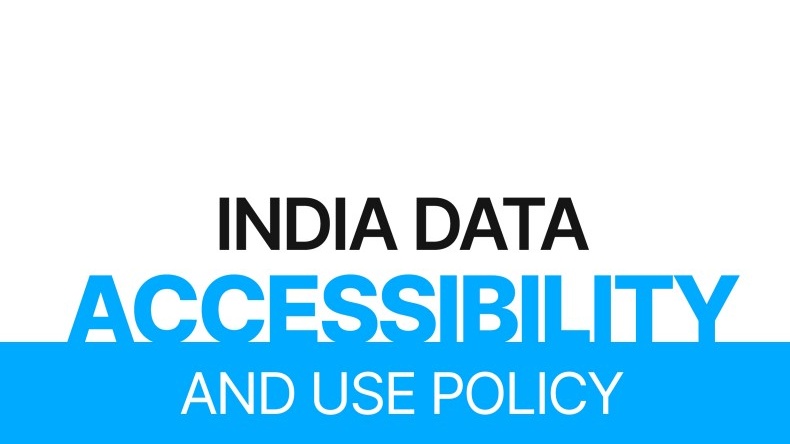All data collated for govt to be open and shareable by default - Is it a good move?
Draft policy talks of monetisation, too

In an important step towards official data transparency, the government has come out with a draft data policy for public consultation, which says all data collected, generated, and stored for every ministry and department will be, by default, open and shareable. However, there will be certain exceptions. More importantly, the government draft policy also talks of the possibility of monetising detailed datasets that have undergone value addition.
The policy has asked all government bodies to compulsorily share data for setting up a common searchable database. Various stakeholders such as startups, private enterprises, individuals, and researchers will be able to access enriched data through licensing, sharing, and valuation within a regulated framework.
The policy document, called “Draft India Data Accessibility & Use Policy 2022”, also suggests setting up an Indian Data Council and an India Data Office to oversee standards and enforcement.
- India IT rules - Did govt. soften its stance on data encryption rules?
- India plans to test all the phones sold in the country for data security
What will IDC and IDO do?
As per the draft, the IDC will consist of the IDO and data officers of five government departments, the IDO will be constituted by the Ministry of Electronic and Information Technology (MeitY) to streamline and consolidate data access and sharing public data repositories across the government and other stakeholders.
The IDC will define high-value datasets, finalise data and metadata standards, and review policy implementation while IDO will handle the enforcement part.
According to the policy framework, each central ministry/department will adopt and publish its domain-specific metadata and data standards.
Also, data standards that cut across domains will be finalised by the IDC and, once done, adopted by all government ministries and departments concerned.
Sign up for breaking news, reviews, opinion, top tech deals, and more.
Analysis: Welcome move, but areas of concern remain
The draft policy is a takeoff on existing the National Data Sharing and Accessibility Policy (NDSAP) and the Open Government Data Platform (OGD) India. The existing policy keeps out private sector out of any mandatory data sharing with the government.
While it is good to see the government begin the task of setting some ground rules for the use and availability of data, analysts feel that the draft policy, which is now up for public consultation, is a bit vague when it comes to personal data and non-personal data. Some clarity is needed especially in areas when the twi overlap, like how the consent and anonymisation of an individual’s data that resides with the government will be dealt with.
But overall, the idea to enhance data access to startups through mechanisms such as data licensing, develop metadata standards, as well as prescribe norms for data security and privacy is a welcome one.
What is clear is from the draft policy is that government is very keen on monetisation plan based on the belief that all non-personal data is national resource.
- Upcoming smartphones - Check before you buy
Want to know about the latest happenings in tech? Follow TechRadar India on Twitter, Facebook and Instagram!

Over three decades as a journalist covering current affairs, politics, sports and now technology. Former Editor of News Today, writer of humour columns across publications and a hardcore cricket and cinema enthusiast. He writes about technology trends and suggest movies and shows to watch on OTT platforms.